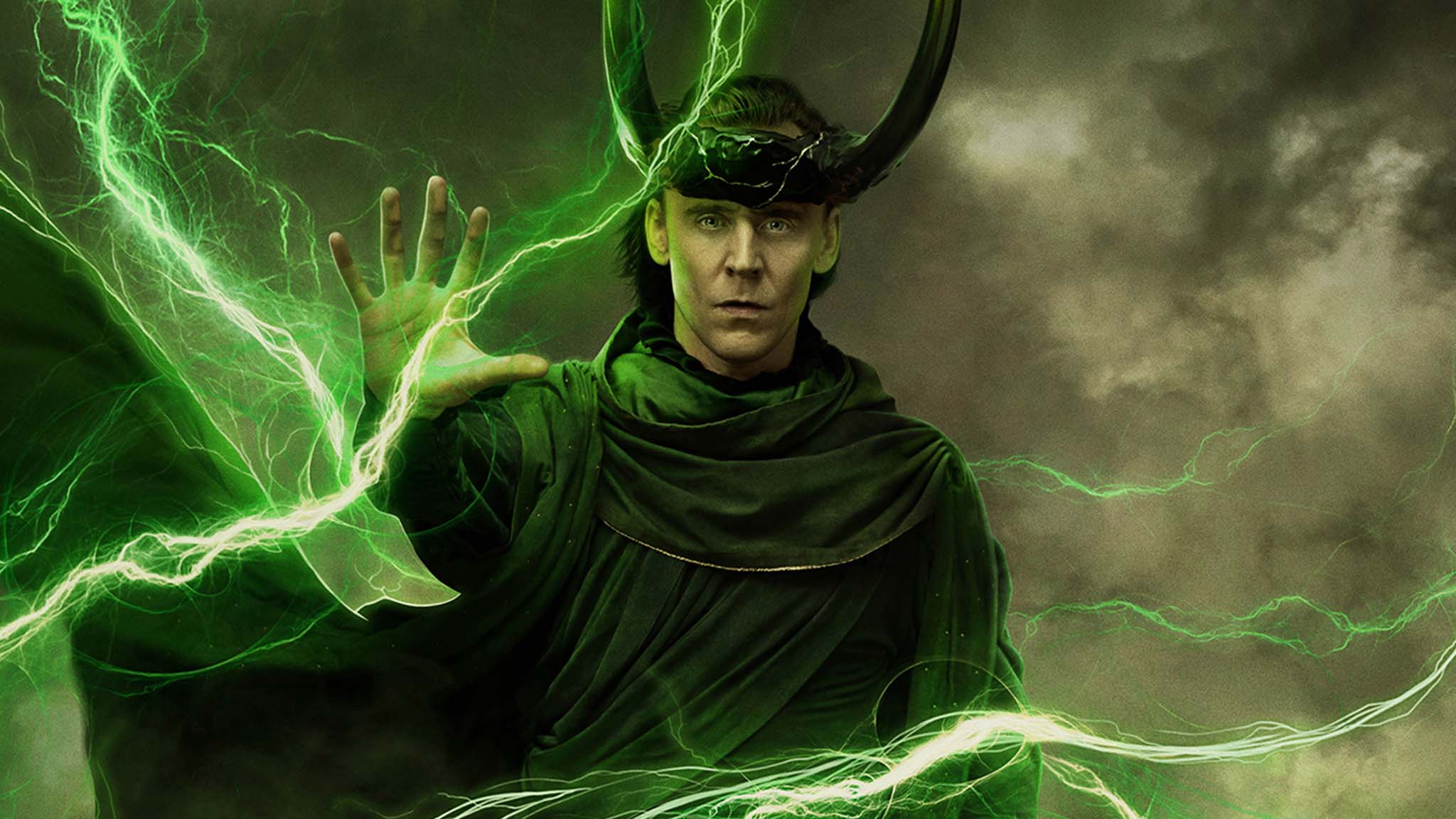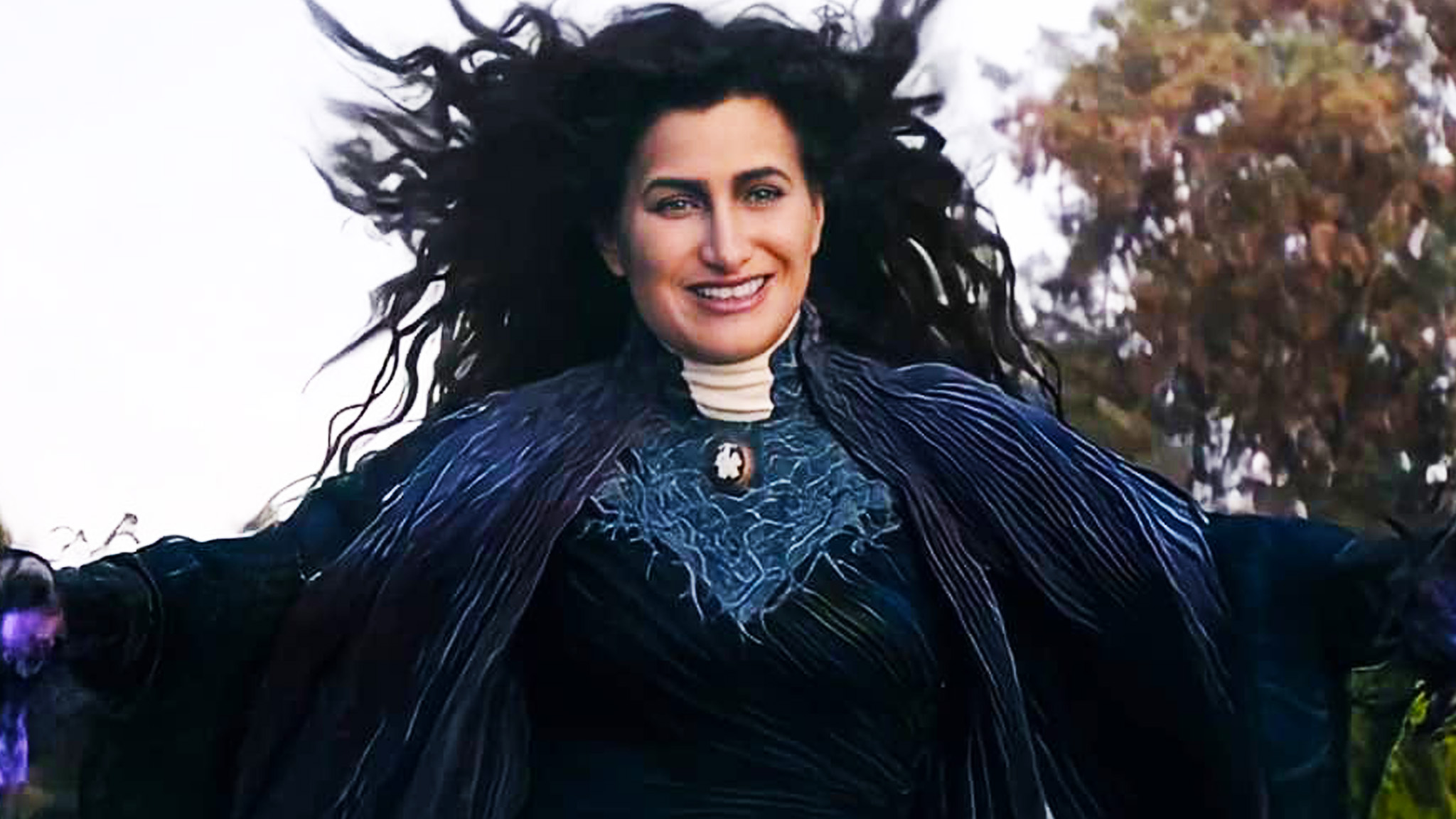
The Marvel Cinematic Universe is full of heroes battling truly awful villains. But the most compelling stories go beyond simple good versus evil. They feature villains with complex backgrounds and understandable motivations, making audiences question what’s right and wrong. While characters like Thanos sparked debate, the most memorable villains are driven by pain, a sense of unfairness, or even a warped kind of love. They aren’t just monsters; they’re tragic figures whose actions, though destructive, we can at least understand, even if we don’t condone them.
As a movie fan, what really grabbed me about these seven characters was how deeply developed their pasts were. It wasn’t just about good guys and bad guys; their histories gave their choices so much weight, and honestly, it made me wonder who the *real* villains even were. It really blurred the lines, you know?
7. Loki

Loki’s story is a constant struggle with betrayal and a strong desire to find where he truly belongs. Growing up in his brother Thor’s shadow, he felt lost when he learned he was actually a Frost Giant, which made him resent the Asgardian family he thought had deceived him. His mischievous behavior stemmed from feeling like an outsider and a need to prove himself.
Loki’s actions as a villain came from deep-seated loneliness and a feeling of being unloved and unseen by his family. He wasn’t truly malicious; his attempts to invade Earth and take over Asgard were actually desperate tries to prove himself and gain the respect he longed for, making him a deeply misunderstood character.
6. Gorr the God Butcher

Gorr was consumed by grief and rage after losing his daughter and feeling abandoned by the gods he used to believe in. Witnessing their lack of compassion during his time of suffering, he embarked on a mission to kill them all, seeing it as a justified revenge against a cruel and unfair universe.
Gorr’s grief over losing his daughter deeply affects viewers, helping us understand why he hates the gods, even if his actions are terrible. Considering his tragic past – the death of his child and the loss of his belief in the gods – Gorr appears as a sympathetic character, a man driven to extremes by the gods’ lack of concern for those who once worshipped them.
5. Agatha Harkness

Agatha has lived for centuries, hiding her immense power after being ostracized by her coven for being too skilled in magic. She’s a survivor in a world that no longer remembers the old magical traditions. When she became interested in Wanda’s abilities, it wasn’t just about what she could gain – she was genuinely fascinated by a type of magic she’d never encountered before.
What makes Agatha a sympathetic character isn’t simply what she did in Westview, but the story revealed in the episode *Agatha All Along*. We learn Agatha was a mother whose son, Nicholas Scratch, was fated to die young. Death allowed her six extra years with him, but ultimately had to claim his soul. The devastating loss of her son led Agatha down a dark path, driven by a desperate, twisted desire to protect herself from future heartbreak and gain power.
4. Zemo

The destruction of Sokovia and the death of his family during the Avengers’ battle with Ultron gave Zemo a clear, driving purpose: to eliminate the concept of superheroes altogether. He didn’t see them as heroes, but as a force that caused destruction and brought ruin to his homeland. His plan was carefully thought out, deliberate, and a calculated act of revenge.
In *Captain America: Civil War*, Zemo masterfully manipulated the heroes into fighting each other, fueled by a desire for both revenge and justice for his family. He believed his actions, though harmful, were necessary to reveal the flaws of those who presented themselves as heroes, highlighting how their attempts to save the world also caused immense suffering. While his methods were clearly wrong, his motivations stemmed from a deeply personal and tragic loss, making him a sympathetic, yet undeniably villainous, character.
3. Wanda Maximoff

As a huge Marvel fan, I always felt a deep sense of tragedy surrounding Wanda Maximoff, and *Doctor Strange in the Multiverse of Madness* really dug into that. It became clear her villainous turn wasn’t about being ‘evil,’ but a direct consequence of *so much* loss. Think about it – she lost her parents young, then her brother, and then, in a double blow, both Vision and her kids. Westview wasn’t some power grab; it was a heartbreaking, magical attempt to rewrite her reality, a way of dealing with unimaginable grief that tragically spiraled out of control. It was devastating to watch, honestly, because you could really feel her pain.
Wanda was utterly devastated after losing Vision and her twin sons, Billy and Tommy, when the magical barrier around Westview collapsed. Seeking a way to bring them back, she turned to the Darkhold, a dangerous book she took from Agatha Harkness. The book twisted her mind with the promise of reuniting with her family and finally having the life she’d always wanted. Her choices in *Doctor Strange in the Multiverse of Madness* stemmed from deep sorrow and a mother’s longing, making her a profoundly tragic character within the Marvel Cinematic Universe.
2. Bob (Void/Sentry)

Bob Reynolds is a complex character, more of a troubled anti-hero than a true villain. He struggles with a dual personality, embodied by the powerful but unstable Sentry and the dangerous entity known as the Void – both stemming from a deep-seated mental illness. Bob was part of a secret experiment called the “Sentry Project,” led by Valentina Allegra de Fontaineto, with the goal of creating the ultimate hero. However, he was the only survivor, and due to memory loss, he didn’t even realize he *was* the successful result of the project.
Bob’s incredible power proved too much for his already troubled mind, splitting his personality and creating a dangerous alter ego called the Void. This dark side acts out due to Bob’s internal battle, and he’s constantly struggling to keep it contained. He’s a hero tormented by both his abilities and past experiences, forever reliving painful memories. His destructive actions aren’t motivated by malice, but by an inescapable internal struggle, making his story one of the most tragic in the Marvel Cinematic Universe.
1. The Winter Soldier

Long before anyone saw him as a villain, Bucky Barnes was a victim. HYDRA captured and brutally brainwashed him, turning him into the Winter Soldier. He didn’t act on his own accord; he was a weapon forced to commit awful deeds, with no control and no memory of who he once was.
The Winter Soldier’s story is deeply tragic because he lost control of his own life and who he was. Throughout his journey, Bucky desperately tries to regain his memories and make amends for the terrible things he was forced to do while under control. His struggle to survive and heal makes him one of the most relatable and sympathetic characters, despite being portrayed as a villain.
What do you think? Leave a comment below and join the conversation now in the ComicBook Forum!
Read More
- Where Winds Meet: How To Defeat Shadow Puppeteer (Boss Guide)
- Survivor’s Colby Donaldson Admits He Almost Backed Out of Season 50
- Resident Evil Requiem cast: Full list of voice actors
- Best Controller Settings for ARC Raiders
- Gold Rate Forecast
- The 10 Best Episodes Of Star Trek: Enterprise
- How to Build a Waterfall in Enshrouded
- Best Thanos Comics (September 2025)
- Best Shazam Comics (Updated: September 2025)
- Unlocking Premium Gaming: What Makes In-Game Currency So Popular?
2025-09-23 05:11